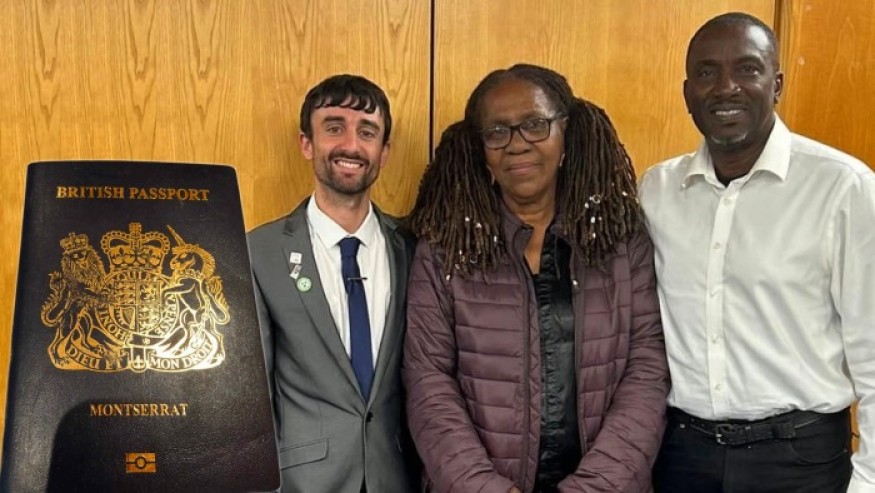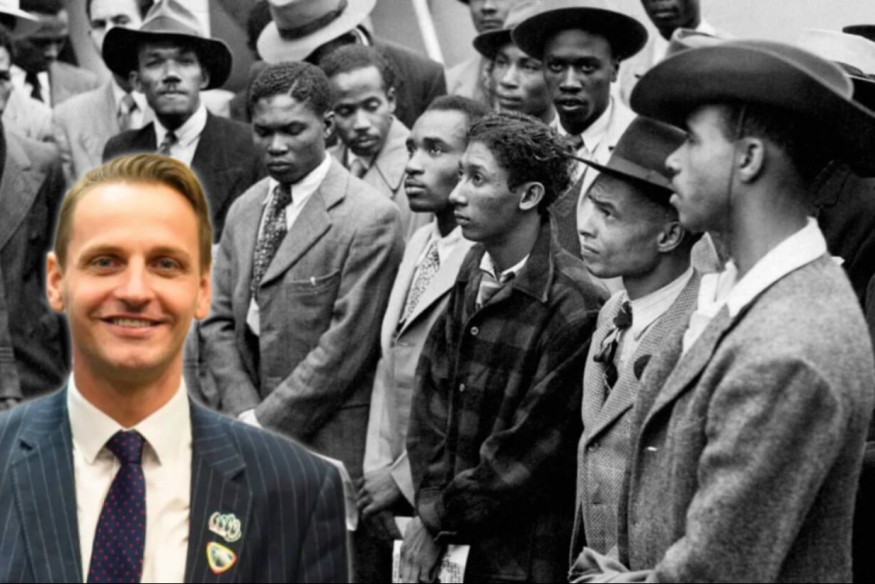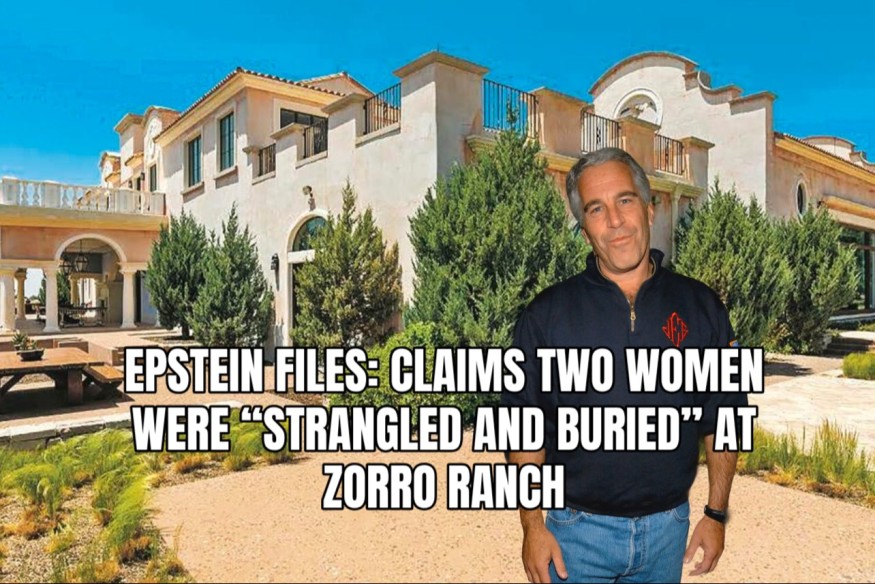
October 05, 2025
In 2018, the UK Parliament’s Joint Committee on Human Rights (JCHR) accused the British Government of “unfairness in British nationality law,” warning that its treatment of citizens from former colonies was discriminatory and opaque. Harriet Harman, then Chair of the Committee, condemned the system as “a stain on our national conscience.”
Seven years later, Cherry Brown is living proof that nothing has changed.
A Woman from the volcano-ravaged British Caribbean Island of Montserrat is bring denied NHS treatment in the UK
— Jam Radio UK News (@Jam_RadioUK) October 5, 2025
Full story in the comments@ShabanaMahmood @MikeTappTweets @YvetteCooperMP @SeemaMalhotra1 @DavidLammy pic.twitter.com/xEPnYNwEc9
Cherry, a British Overseas Territory citizen from Montserrat, was sent to the UK by her island’s Ministry of Health for urgent knee surgery unavailable at home. But instead of receiving free NHS care, she’s now drowning in medical bills—stranded in a Dartford bedsit, unsure how she’ll survive.
“How can you be a British citizen and not a British citizen?” Cherry asks. “It’s driving me crazy.”
The answer lies in the UK’s tangled nationality laws. Cherry’s British Overseas Territory passport doesn’t grant her the right of abode in the UK. Without additional paperwork—often impossible to obtain from small island governments—she’s treated as a foreign visitor, not a citizen. That means no automatic access to NHS treatment, housing, or support.
Advertisement
This is despite the fact that in 1997, following the devastation of Montserrat by volcanic eruptions, the UK government granted Montserratians the right to settle permanently in Britain. Roughly 5000 people remain living on the Island, yet decades later, the promise of protection remains conditional, bureaucratic, and easily revoked.
Advertisement
Meanwhile, British National (Overseas) passport holders from Hong Kong—another former colony—now face an uncertain future under a proposed white paper that would extend their Limited Leave to Remain (LTR) to 10 years, raising fears of delayed settlement and increased vulnerability.
A System Built to Fail
Montserrat’s healthcare system, still recovering from the 1995 volcanic disaster, relies on overseas referrals for complex surgeries. Cherry’s travel was government-sanctioned, but due to bureaucratic oversight, she wasn’t registered under the UK’s quota system for BOT medical cases. That mistake left her liable for NHS charges—often inflated to 150% of the actual cost.
Advertisement
She’s now receiving a small stipend from Swanley Town Council, while her MP in Montserrat Donaldson Romeo, who is also the former Premier (First-Minister) pleads with the UK government to intervene.
“She’s a citizen in dire need of medical care,” said the MP. “The Home Office and Secretary of State must respect that.”
Colonial Hangover, Modern Consequences
Cherry’s case echoes the Windrush scandal, where Caribbean-born residents were denied rights due to missing paperwork. The JCHR’s 2018 report warned that British nationality law was riddled with “complexity, inconsistency, and injustice”—especially for citizens from the Caribbean, Africa, and Asia who were promised Britishness but denied its protections.
Advertisement
What Comes Next?
Cherry Brown’s story is not an anomaly—it’s a warning. As Britain tightens its borders and fragments its definitions of citizenship, more people like Cherry will fall through the cracks. JamRadio calls on MPs, legal advocates, and journalists to demand reform, amplify Cherry’s case, and hold the government accountable for the promises it made to its overseas citizens.










